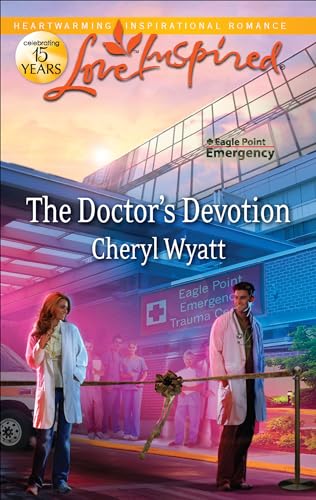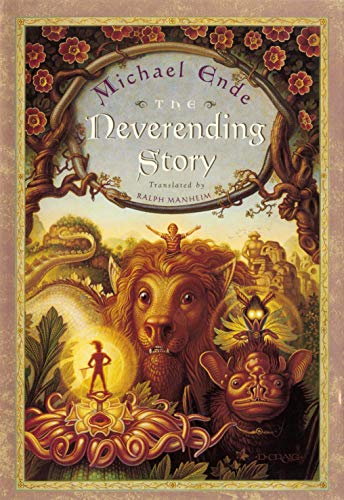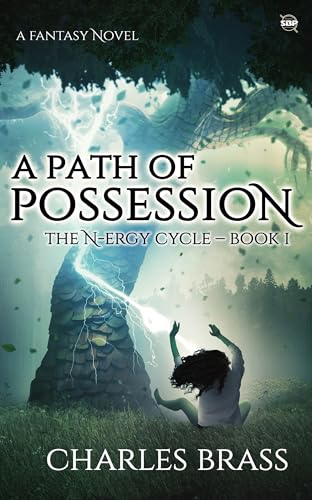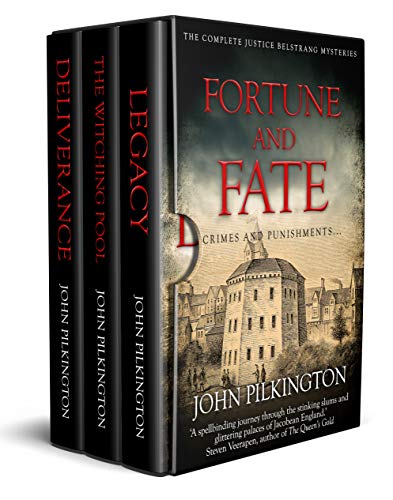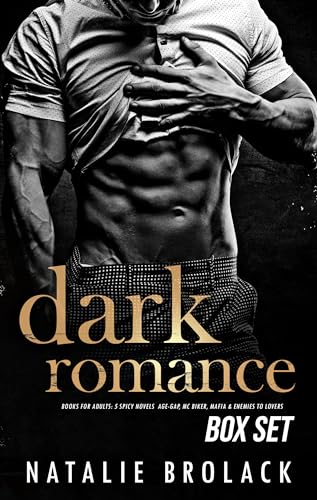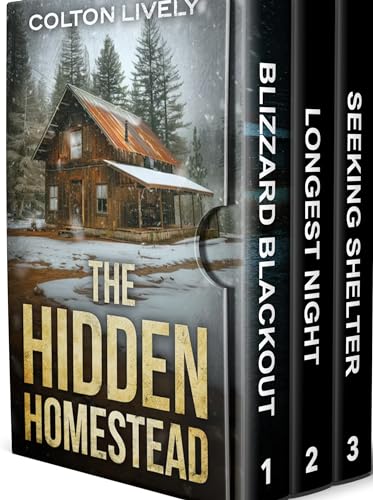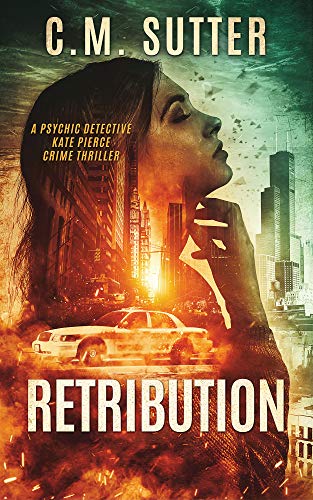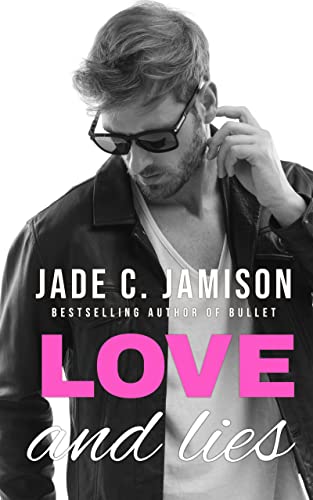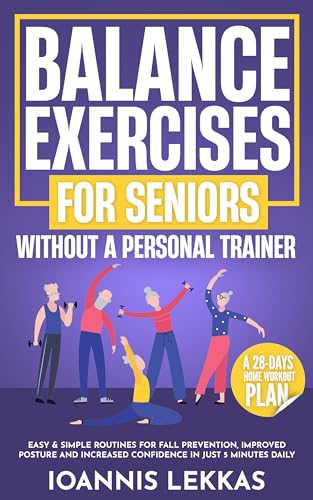by Stephen Windwalker
Editor of Kindle Nation
Okay, I’ll cut to the chase here and begin by inviting you to participate in the Winter 2011 Kindle Nation Citizen Survey. Here’s a link:
But before you head over there — as I hope you will do in the next few moments — let me share a few words about why your participation is so important.
It seems like centuries ago in Kindle time, but in the late summer of 2009, it was big news when Amazon sold more ebook copies than print copies of Dan Brown’s The Lost Symbol . Within a year, that trend had spread to Amazon’s entire catalog, taken together: the company was selling more ebooks than print books overall, even though print sales themselves continued to increase.
. Within a year, that trend had spread to Amazon’s entire catalog, taken together: the company was selling more ebooks than print books overall, even though print sales themselves continued to increase.
But the velocity of change keeps increasing by astonishing leaps and bounds, and now we have learned that in each of the first three weeks following Christmas, publishers sold more ebooks than print books for over 35% of the top 50 titles on the USA Today bestseller list, including all of the top 6 books on the list last week.
So it is not hyperbole to say that there’s a revolution taking place in how we choose, buy, and read the books we love, and — just as importantly — in the roles that authors, publishers, retailers, agents and others play in bringing those books into existence, bringing them to your attention, and, of course, dividing up your book-buying dollar.
As a citizen of Kindle Nation, you are probably well aware already that you have a front row seat for this revolution. But it’s even better than that: as the greatest readers in the world, we are key participants in the revolution, at the barricades, making individual decisions that aggregate into larger trends that will force change upon the other participants. Whether or not we want to be change agents does not matter. To mangle a line from a recent election campaign, we are the change that traditional publishers have been having nightmares about.
Sometimes this kind of change occurs when the other participants figure out the trends and change their ways. Other times change occurs when those who don’t figure out the changing marketplace simply get run over and are replaced by those who do.
The dumbest of the dinosaurs never get beyond blaming and whining about the other players who they identify as leading the charge and forcing the changes. But the truth is that, as visionary and adaptive and aggressive as the change agents may be, if it hadn’t been them, it would have been somebody else.
If it hadn’t been Amazon and the Kindle , it would have been some other company and some other ebook reader. If it hadn’t been change-making authors like April Hamilton
, it would have been some other company and some other ebook reader. If it hadn’t been change-making authors like April Hamilton , Joe Konrath
, Joe Konrath , Amanda Hocking
, Amanda Hocking , and Imogen Rose
, and Imogen Rose , it would have been other authors.
, it would have been other authors.
Change takes place when it is enabled by technology, by markets, and most of all by people. Change keeps a sharp eye out for market inefficiencies, for outmoded or unnecessary intermediaries, and for opportunities to improve the array of choices for, in this case, readers and writers. Change isn’t “right” or “wrong,” but like the sun that will rise again tomorrow morning, there’s not much of a percentage in opposing it.
To acknowledge the inevitability of change is not to suggest that there is anything random about the rise and the success of specific change agents. Again and again, those who play the biggest roles in bringing significant changes tend to be visionaries rather than copycats, doers rather than watchers, cowboys and cowgirls rather curmudgeons and cretins. Some of them succeed, some flame out, and some sell out their missionary evangelism by failing to listen to their customers along the way, but change finds a path and a place to continue its march.
So now more than ever, it is important for those in the book business to listen to you, the citizens of Kindle Nation. You speak every day in the choices you make about what books to buy, where to buy them, and at what prices. But it is also important to see what we as Kindle customers have to say about what influences us to buy the books we buy and what future features might be most important to us as readers.
All of which is why, a couple of times a year, we conduct the Kindle Nation citizen survey. There were 1,968 respondents for our last survey, which closed just before delivery of the first Kindle 3 units, on August 25, 2010. Each survey that we have conducted has been the biggest public survey ever up to that point among Kindle customers, and we hope you will help to make this one even bigger and more informative.
Here, once again, is the link to participate in the survey:
And here, if you are interested, are links for our previous Kindle Nation Survey Results:

